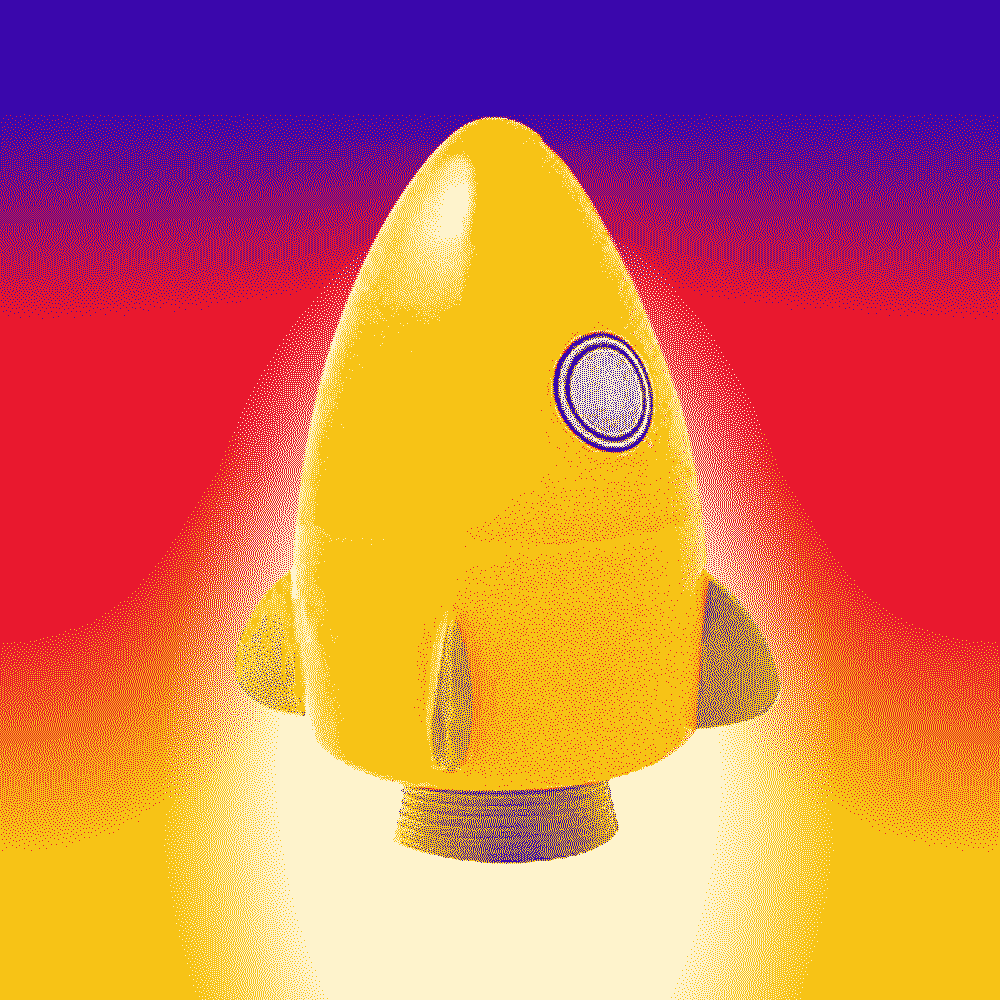Today our students became spaceship engineers.
Read MoreOur students continued their on-paper design of their spaceship.
Read MoreData capture is an important part of any scientist’s research.
Read MoreThe students opened class with a question “How do machines think?”
Read MoreData capture is an important part of any scientist’s research. Our camera-captured rocket data unfortunately was not granular enough to analyze and recent weather conditions prevented us from taking better quality footage.
Read MoreLast class we sent "probes" to "distant solar systems", mimicking the goals of the Breakthrough Starshot program, in order to gather vital information for potentially settling those planets.
Read MoreWe continued with analyzing a Ted talk by David Christian on Big History, History of the World in 18 minutes. I very much encourage you to view to it too!
Read MoreI have put a challenge for us to accept that the understanding of the animal kingdom goes way beyond having a domesticated animal at home. We will be studying animal life in all its forms of complexity, from the simplest, bacteria to the most complex, humans.
Read MoreOur last session started with an exploration of seaweed and the sea life entangled and living in it.
Read MoreWe started our session with a short warming exercise in Big History listening to David Christian’s History of the Universe in 18 minutes.
Read MoreToday we learned about the three derivatives of position (speed, acceleration and jerk) and how they relate to each other.
Read MoreToday we discussed several aspects of planetary space exploration, for example: why do we prioritize certain planets and moons in our solar system, why do we send probes and robots instead of people, what kinds of propulsion can we use in space, and why would we even want to go out and explore at all?
Read More


